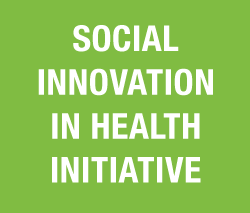SOCIAL ENTREPRENEURSHIP TO SPUR HEALTH (SESH)
CONTINENT
Asia

COUNTRY
People’s Republic of China
Continent
Asia
Country
People’s Republic of China, including Hong Kong SAR
Website
www.seshglobal.org
Founding year
2012
Organizational structure
Research programme
Health focus
HIV, Sexually Transmitted Diseases
Areas of interest
Crowdsourcing, Health education, Health research, Community Mobilization
Health System Focus
Service delivery
CHALLENGE

“SESH is really coming up with an entirely new model for delivering and designing sexual health services. The traditional model has been very top-down where experts and professionals design media campaigns and design resources to promote testing but the idea of SESH is to really turn that upside down and think about a community-based, a community-driven response to sexual health services.”
– Dr Joseph Tucker, Co-founder, SESH

INTERVENTION
“Good, it’s good, because I watched some videos and pictures, they are designed by the community and students and it’s very lovely and funny. Because in China many advertisements like testing and safer sex are almost all from government or CDC. Their design, it’s not really professional, it’s a little bit boring and very simple.”
– LGBTQ Community-based organization representative
CASE INSIGHTS

